 Entrenched telecom industry lobbyists and a legislature enriched by their campaign contributions chose the interests of AT&T, Comcast, and Charter Communications over the broadband needs of rural Tennessee, killing a municipal broadband expansion bill already scaled down to little more than a demonstration project.
Entrenched telecom industry lobbyists and a legislature enriched by their campaign contributions chose the interests of AT&T, Comcast, and Charter Communications over the broadband needs of rural Tennessee, killing a municipal broadband expansion bill already scaled down to little more than a demonstration project.
The Tennessee House Business and Utilities Subcommittee voted 5-3 Tuesday to end efforts to bring much-needed Internet access to rural Hamilton and Bradley counties, long ignored or underserved by the state’s dominant telecom companies. Rep. Kevin Brooks’ (R-Cleveland) original bill would have allowed Chattanooga-based EPB and other publicly owned utility services to expand fiber broadband and television service to other electric co-ops around the state.
Realizing his bill would be voted up or down by members of a committee that included one former AT&T executive and others receiving substantial campaign contributions from some of Tennessee’s largest phone and cable companies, he reduced the scale of his own bill to a simple demonstration project serving a limited number of customers.
The bill failed anyway, in a vote that took less than a minute.
The Chattanooga Times Free Press described the scene:
Rep. Marc Gravitt (R-East Ridge) voted for Brooks’ amendment and Rep. Patsy Hazlewood (R-Signal Mountain), a one-time AT&T executive, voting against it.
As Rep. Kent Calfee (R-Kingston), the subcommittee’s chairman, prepared to move on to the next bill, he suddenly realized the original bill remained before the panel.
“I’m sorry,” Calfee, who voted against the amendment, told Brooks as the Cleveland lawmaker turned to leave. “It’s the amendment [that failed]. Is there any need to vote on the bill?”
Brooks replied, “The amendment makes the bill. I’d love a vote on the bill.”
“Sorry about that,” Calfee said.
And that was that.
Residents and business people alike in northern Hamilton and portions of Bradley counties say they either have no service, lousy service or wireless service that makes it very expensive to upload and download documents for work and school.

EPB provides municipal power, broadband, television, and telephone service for residents in Chattanooga, Tenn.
“It’s a testament to the power of lobbying against this bill and not listening to our electorate,” Brooks told reporters. “The voice of the people today was not heard. And that’s unfortunate.”
Brooks’ bill did attract considerable interest – from telecom industry lobbyists who flooded the state legislative offices with a mission of killing it. The Tennessee newspaper said a “platoon of lobbyists and executives, including AT&T Tennessee President Joelle Phillips,” poured into the House hearing room or watched on nearby video screens to scrutinize the vote.
“I heard they hired 27 lawyers to fight,” Brooks said.
Rural Tennessee Republicans were disappointed by the outcome, which leaves substantial parts of their districts unwired for broadband.
“[This] was the perfect opportunity for EPB to be a pilot and to prove they can do what they say they can do,” said Rep. Dan Howell (R-Georgetown). “And if they can’t do it, it’s a perfect opportunity to put it to rest forever. They wouldn’t even let us do a pilot to prove that EPB can do what it claimed.”

Brooks
Rep. Mike Carter (R-Ooltewah), also has a bill being held up in the legislature that would allow expansion of public broadband with the consent of citizen members of co-ops and elected leaders of the rural utilities.
Carter didn’t seem too surprised municipal broadband bills like his were being delayed or killed in the state legislature at the behest of AT&T and other companies.
“You just don’t go up against Goliath unless you have your sling and five stones. I just didn’t have my five stones today,” Carter said.
AT&T declared the bill was flawed, arguing in a statement it was not opposed to municipal broadband, so long as it was targeted only to customers unserved by any other provider. AT&T complained Brooks’ bill lacked language protecting them from unwanted competition.
“None of the bills considered … has any provision that would limit government expansion to unserved areas or even focus on those areas,” AT&T wrote.
Less than 24 hours after the vote ended Charter Communications had a special message for members of the legislature.
The cable operator sent invitations to Tennessee lawmakers giving them free airtime to star in their own “public service announcements” that will blanket the screens of Charter cable TV customers, giving the politicians free exposure.

Rep. Calfee’s second largest contributor is AT&T.
Charter’s director of government affairs for Tennessee was the executive extending the invitation.
“As a leading broadband communications provider and cable operator serving customers in Tennessee, Charter is committed to providing compelling public affairs programming and public service announcements,” said Nick Pavlis, Charter’s chief lobbyist in the state and a Knoxville city councilman. “We hope you will take advantage of this opportunity to speak directly to your constituents. Taping times are available on a first-come, first-served basis, so we encourage you to schedule yours as soon as possible.”
“Right now it would appear to those watching from the outside that big business won and big business is now reciprocating,” said Brooks.
Sen. Todd Gardenhire (R-Chattanooga) called the invitation inappropriate.
“Charter has done everything they could possibly do to deny rural Bradley broadband, Internet/content service,” Gardenshire told the Times Free Press.
“Well, my first inclination is to say I’m surprised, coming the day after they killed the broadband bill in committee,” added Howell. “[It is] kind of ironic now that they’re asking people to come forward and make public service announcements about how good their service is. I’m kind of stunned.”


 Subscribe
Subscribe Mediacom, perennially rated America’s dead-last cable company by Consumer Reports’ annual subscriber surveys, will invest $1 billion over the next three years to combat increasing competition from AT&T and other telephone companies by improving its broadband service.
Mediacom, perennially rated America’s dead-last cable company by Consumer Reports’ annual subscriber surveys, will invest $1 billion over the next three years to combat increasing competition from AT&T and other telephone companies by improving its broadband service.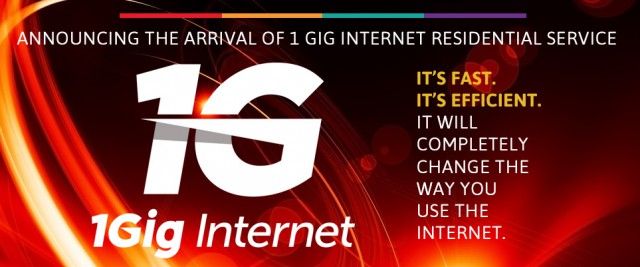


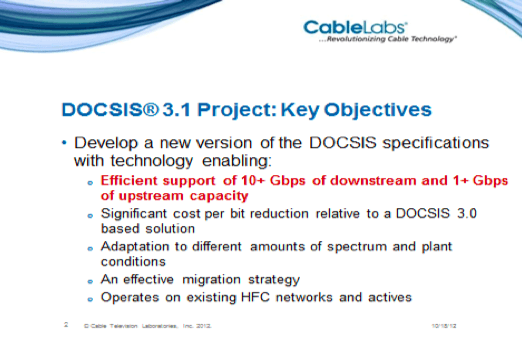
 From the Department of Unintended Consequences,
From the Department of Unintended Consequences, 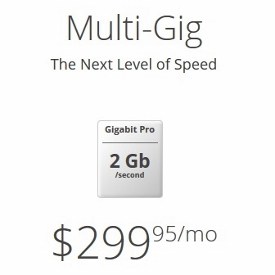 Oregon lawmakers wrote a law seeking to assure equal access by prohibiting companies from targeting only affluent neighborhoods for fiber upgrades, while forgetting to consider the cost of the service itself. Gigabit Pro will never feature prominently in Portland’s challenged neighborhoods at a cost of $4,600 for service during the first year.
Oregon lawmakers wrote a law seeking to assure equal access by prohibiting companies from targeting only affluent neighborhoods for fiber upgrades, while forgetting to consider the cost of the service itself. Gigabit Pro will never feature prominently in Portland’s challenged neighborhoods at a cost of $4,600 for service during the first year.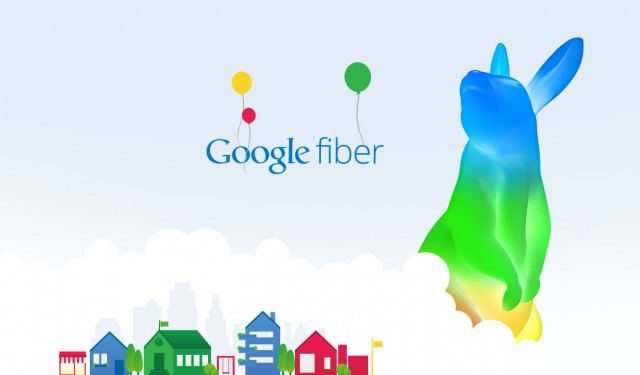 Despite predictions Google Fiber had no interest in offering customers landline telephone service, Google has quietly begun testing a new residential voice service called Google Fiber Phone that appeared to be powered by its Google Voice service.
Despite predictions Google Fiber had no interest in offering customers landline telephone service, Google has quietly begun testing a new residential voice service called Google Fiber Phone that appeared to be powered by its Google Voice service.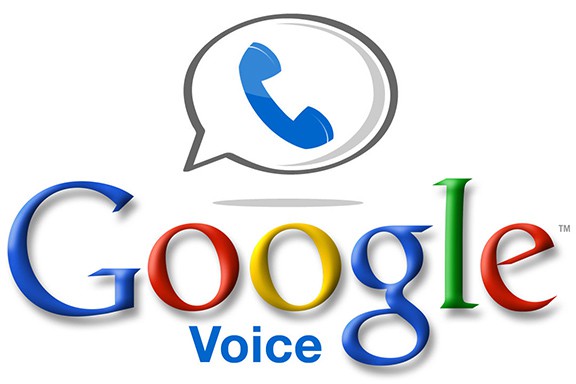 The feature set sounds almost identical to
The feature set sounds almost identical to 